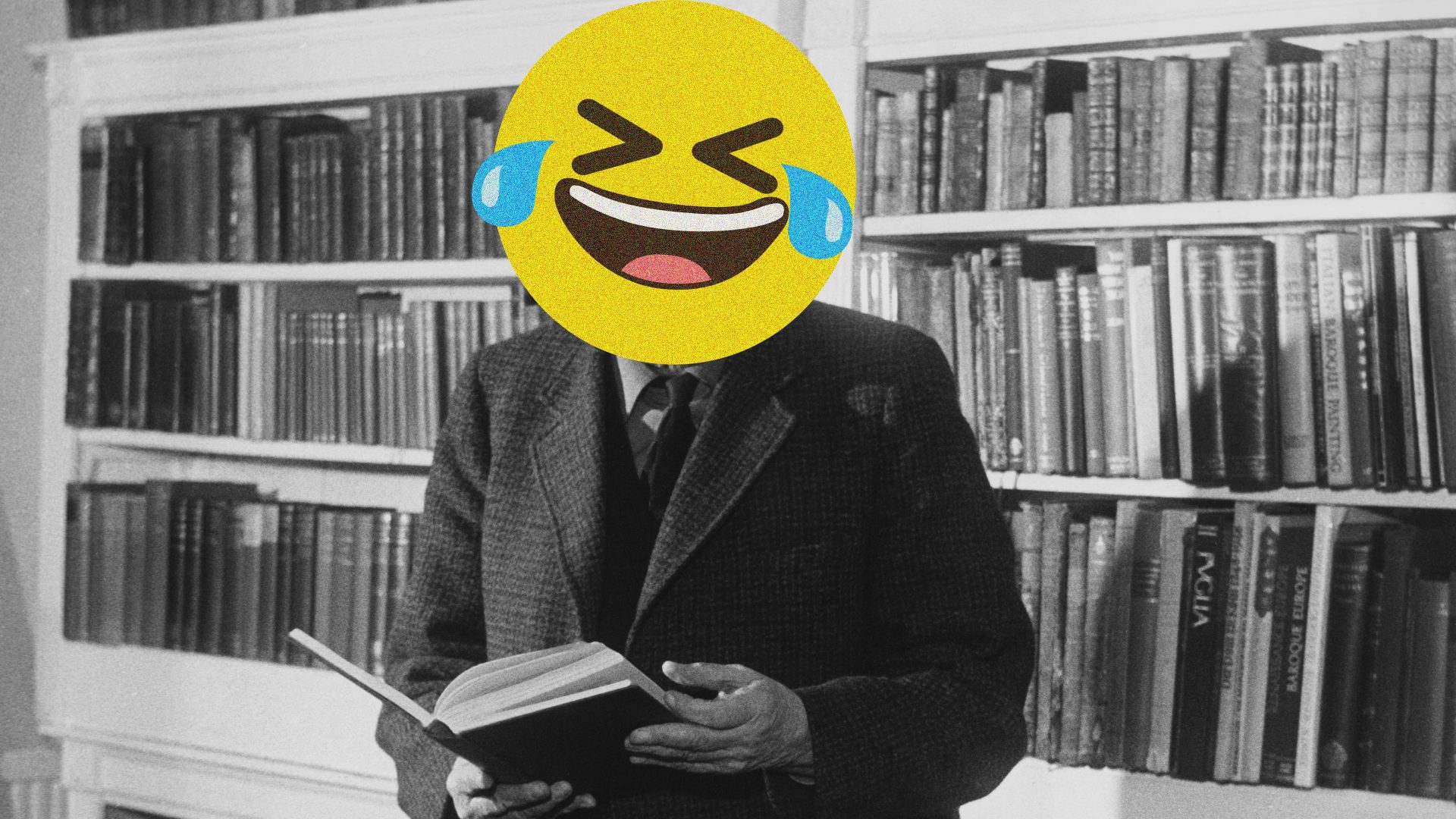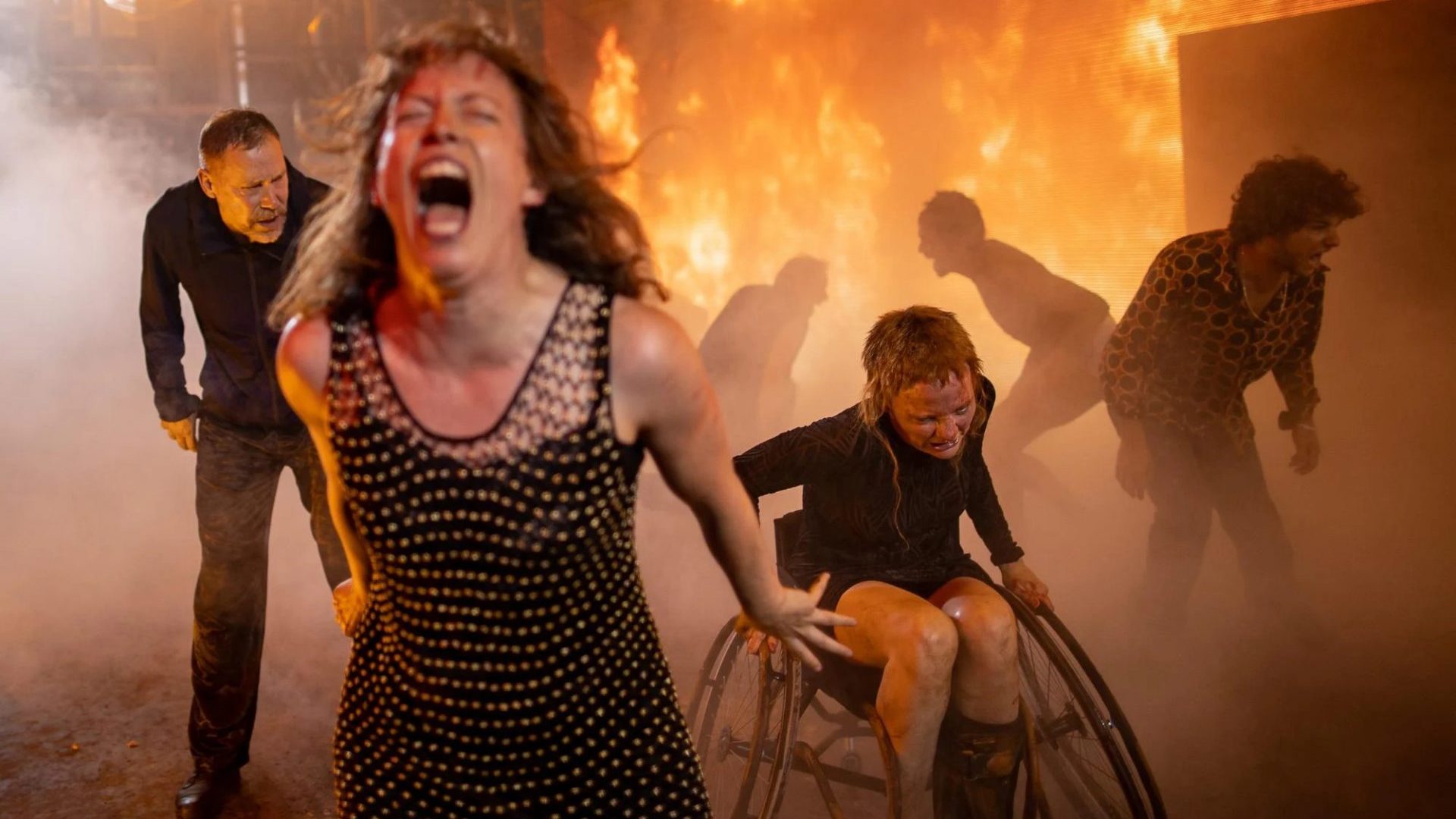If any date in the calendar boils my bunions it’s April 1. We’re a month on now and I’m still experiencing a tightening of the jaw and balling of the fists at the prospect of even typing those three words – April Fool’s Day.
There is nothing less funny than April Fool’s Day. There’s more than enough lying going on in the world already without dedicating a day to it under the mistaken belief it’s hilarious. The worst culprits? News journalists. Excellent as they might be at ferreting out the scandals, racketeering and panto villainy of the political class and bringing us shocking stories and images of the worst of humankind around the world, April 1 is their Achilles’ heel.
They spend 364 days on this spinning lump of godforsaken space rock reporting the serious stuff, but come the green shoots of spring a significant proportion of newshounds hoodwink themselves that for one go around the sun every year their true vocation can flourish: comedy writing. The Kevlar vest and Westminster lanyard go into the drawer, out come the spinning bow tie and squirty lapel flower and, hey presto, unfunny fibs full of tortuous scenarios and long-semaphored pay-offs start landing on our pages and screens.
You can’t really blame them. Everyone, at some level, thinks they’re funny. We all like to view ourselves as bottomless repositories of quips, gags and ribald aperçus. The problem is that we are, more often than not, entirely wrong about that.
We take humour for granted, probably because funny people make it seem so easy. If it looks that easy, we think, then it must be easy, meaning there’s no reason I can’t do it too. But being funny isn’t easy. It’s really hard.
My aversion to the joyless larks of April 1 is admittedly excessive considering it’s just a bit of fun, the brief opening of a pressure valve on the relentless daily grind of being alive at the dawn of the third millennium, but it’s rooted in the knowledge that comic writing is the most specialist skill in the literary canon and deserves far more respect than it currently enjoys.
This was brought home to me after enduring this year’s grumpy 24-hour avoidance of news outlets when I read an interview in the Irish Times with the author Damien Owens. I was halfway through his new novel, Duffy And Son, a warm, gentle and properly hilarious examination of modern masculinity set in his native Monaghan that will certainly be among the best books I’ll read this year, but will remain a million miles from literary garlands. Towards the end of the piece Owens was asked about humorous fiction’s place in the world.
“People confuse seriousness with intelligence,” he said. “If you excise the humour, you’re excising a huge part of actual life. Life is a comedy-drama. I don’t see how po-faced literary fiction is a clearer representation of life.”
The funnier a novel is, the less likely it is that either book or author will be taken seriously by the literary establishment. While similar can be argued of nearly all genre fiction, the comic novel lags way behind the rest when it comes to the respect of its peers. And that’s just preposterous.
Perhaps the most telling illustration of humorous fiction’s undeserved disregard by the literary establishment is how rarely it appears even on the
longlists of major literary awards. George Saunders won the Booker in 2017 with the extraordinary Lincoln in the Bardo, but that’s very much the exception in the prize’s 50-plus years.
It’s an extraordinary exclusion, especially considering the elevated place of comic writing in the history of literature. It could even be argued that until some eeyorish Russian lads stroked their enormous beards and decided during the 19th century that the novel was the ideal format for their long explorations of the murky depths of the human soul, long-form fiction was largely the preserve of comedy.
Rabelais, Cervantes, Laurence Sterne, Daniel Defoe, the nudging of society’s absurd and rigid norms by Jane Austen, the shoot-to-kill satire of Jonathan Swift, the pioneering social comedy of Maria Edgeworth – between the covers, humour reigned supreme. Indeed, when in 1817’s Northanger Abbey Austen set out her defence of the novel, comedy was right up there among its essential virtues.
“‘And what are you reading, Miss–?’ ‘Oh! It is only a novel!’ replies the young lady, while she lays down her book with affected indifference, or momentary shame,” she writes. “‘It is only Cecilia, or Camilla, or Belinda’; or, in short, only some work in which the greatest powers of the mind are displayed, in which the most thorough knowledge of human nature, the happiest delineation of its varieties, the liveliest effusions of wit and humour, are conveyed to the world in the best-chosen language.”
Yet for some reason humour has, despite centuries of evidence to the contrary, come to be seen as a lower form of writing. Is it because comedy is at its core the supreme vehicle for disobedience and subversion, the gleeful exploiter of fissures in authority, the capering nose-tweaker of morality? As long ago as 1970 Muriel Spark was passionately advocating “the arts of satire and of ridicule” in fiction, adding, “I see no other living art form for the future. Ridicule is the only honourable weapon we have left”, yet half a century on this essential aspect of the human condition is still shut out by the literary gatekeepers.
Is this reluctance to embrace the truly comedic a hangover from Victorian prudishness combined with a modern misapprehension that, as Owens says, confuses seriousness with intelligence?
The launch of the Bollinger Everyman Wodehouse prize in 2000 should have shaken things up a bit, only its definition of comic writing seemed initially to embrace only books that were not outright depressing. Its list of winners includes Howard Jacobson (twice), Ian McEwan and Geoff Dyer, perfectly respectable and respected authors, but none of them actually funny.
In its 22-year history the prize has been awarded outright to only three women – Helen Fielding, Marina Lewycka and Nina Stibbe (Hannah Rothschild was a joint winner with Paul Murray in 2016) – which also
suggests a skew-whiff angle on what is and who are funny.
Marian Keyes, one of the most consistently hilarious novelists of the modern age yet a writer who has never even been shortlisted for the prize, told a Hay festival audience in 2018, “say what you like about me but my books are funny. What more can I do to qualify?”
Her comments led directly to the establishment of CWIP, the Comedy Women in Print prize.
In fairness, since the Wodehouse prize was withheld in 2018 because none of the 62 submitted books were considered worthy, at least half of every shortlist has comprised books by women. Yet even while the existence of both prizes is a positive step for long-form comic writing, the perception that privileged, middle-aged white blokes are somehow the only people who are party to the secret alchemy of comedy proves hard to dispel.
“I remember reading Tom Sharpe and wondering, why is this funny?” said Keyes. “I’d be told to read Philip Roth or John Irving or David Lodge and so much was about these creepy middle-aged professors having flings with their students and I’d be thinking, why is this meant to be a good book? I despise everyone in it, I identify with no one and yet I must be the stupid one, so absolutely have we always been taught men are the funny ones.”
Humour is obviously dependent to a great extent on personal taste, but the
awed feting of the Roth/Irving/Lodge trinity as the pinnacle of comic form is
baffling. I’ve read books by all of them that I’ve mostly enjoyed, but it wouldn’t occur to me to include them in a list of comic writers.
A good comic novel has substance and jokes. Its success depends on the rhythm and timing of the writing and the relationship between the characters and their lines. Humour needs context, pomposity to prick, institutions to mock, societies to subvert, selves to deprecate.
It’s an incredibly difficult combination to pull off and to pull it off you have to make it look easy. That’s the rarest skill of them all, and that’s why authors like Keyes, Douglas Adams, Terry Pratchett, Roddy Doyle, Sue Townsend and the absolute master of them all, PG Wodehouse, deserve to be mentioned not only in the same breath as the great serious novelists of the modern era, but in many cases to be held above them. Wodehouse, in particular, should be stationed firmly alongside Dickens and Austen in the pantheon of great English writers, but as an unashamed gag man he’s barred.
You won’t find Owens’ Duffy and Son in the award running this year, but you won’t read many better, wiser and funnier distillations of human relationships. In a more reasonable world Bonnie Garmus’s brilliant debut Lessons in Chemistry, a warm, sharp and thought-provoking comedy about a pioneering female scientist, would be celebrated too, but probably won’t be.
Still, on the bright side, it’s 11 months until April Fool’s Day. Let’s make the most of that time while we can.




